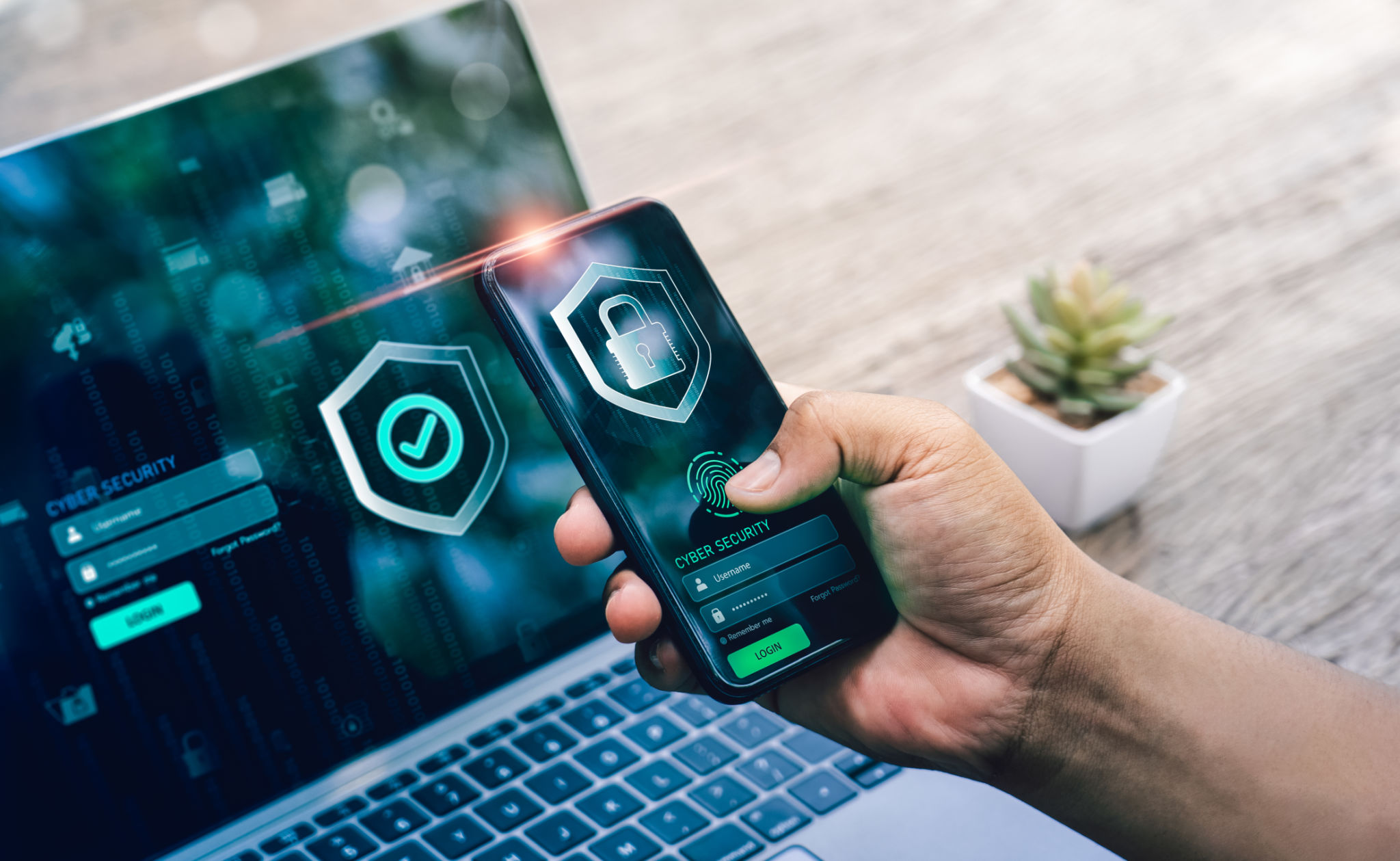Top 10 Myths About Online Privacy Protection Debunked
Understanding Online Privacy Myths
The digital age has brought with it numerous concerns about online privacy. As we navigate through a world increasingly reliant on the internet, it's crucial to separate fact from fiction. Here, we debunk the top 10 myths about online privacy protection, ensuring you have the right information to protect your data.

Myth 1: Incognito Mode Keeps You Completely Anonymous
Many users believe that using incognito or private browsing modes makes them invisible online. While these modes do prevent your browser from saving your history or cookies, they do not hide your activity from websites, advertisers, or your internet service provider (ISP). Understanding this limitation is key to taking more comprehensive privacy measures.
Myth 2: Strong Passwords Are Enough
While using strong, unique passwords is a fundamental step in protecting your online accounts, it’s not the only measure you should take. Two-factor authentication (2FA) adds an additional layer of security by requiring a second form of verification, such as a text message code or authentication app.

Myth 3: Social Media Platforms Keep Your Data Private
Many people assume that their data is safe on social media platforms due to privacy settings. However, these settings are often complex and subject to change. Moreover, platforms may still collect and share data with third parties. Regularly review and update your privacy settings to better control what information is shared.
Myth 4: Antivirus Software Protects Against All Threats
While antivirus software is essential for detecting and removing malware, it does not protect against all types of cyber threats. Phishing attacks, for example, often rely on social engineering rather than malware. Educating yourself about different types of online threats is crucial for comprehensive protection.

Myth 5: Free Apps Are Always Safe to Use
Free apps can be tempting, but they often come with hidden costs in terms of privacy. Many free apps rely on advertising and data collection to generate revenue. Before downloading an app, read its privacy policy and understand what data it collects and how it is used.
Myth 6: Public Wi-Fi Is Safe With a VPN
Using a Virtual Private Network (VPN) on public Wi-Fi can enhance your security by encrypting your data. However, it’s important to choose a reputable VPN provider. Some VPNs may log your data or sell it to third parties, negating the privacy benefits they offer.

Myth 7: Once Deleted, Data Is Gone Forever
Deleting files or emails doesn’t mean they’re gone forever. Often, data can be recovered unless it is overwritten or securely erased using specialized tools. Be aware of this when disposing of old devices or handling sensitive information.
Conclusion: Stay Informed and Vigilant
Understanding these myths is a step towards better protecting your online privacy. By staying informed and implementing a variety of security measures, you can navigate the digital world more safely. Remember, online privacy is not just about tools and software but also about making smart choices.
